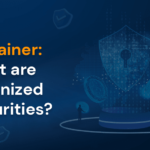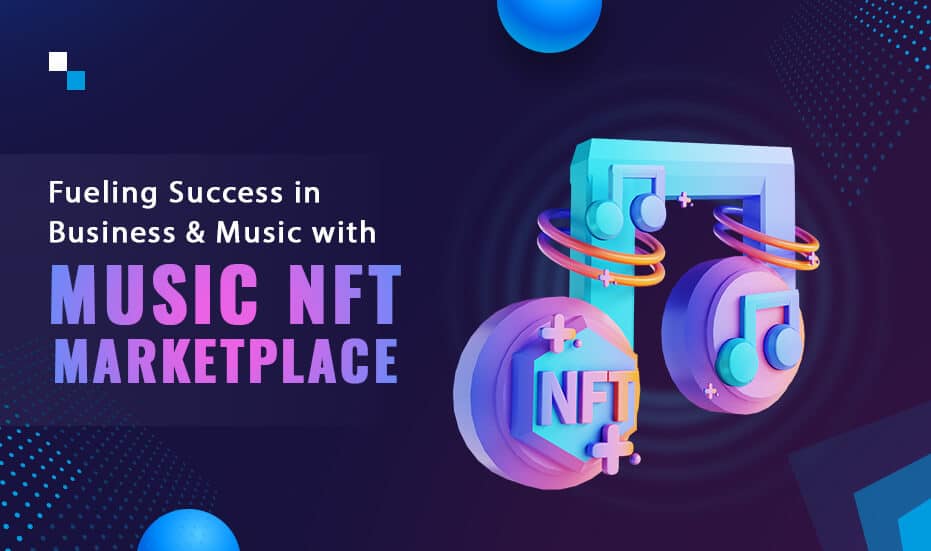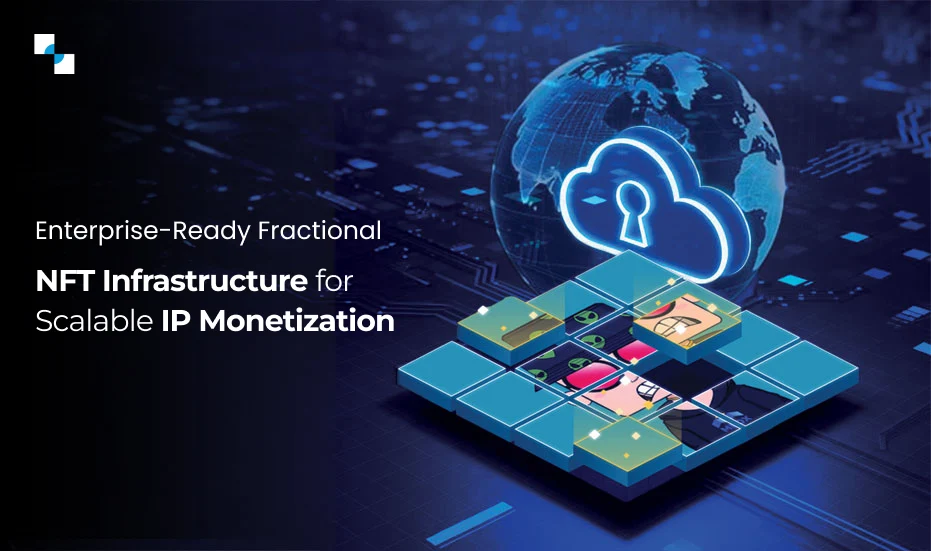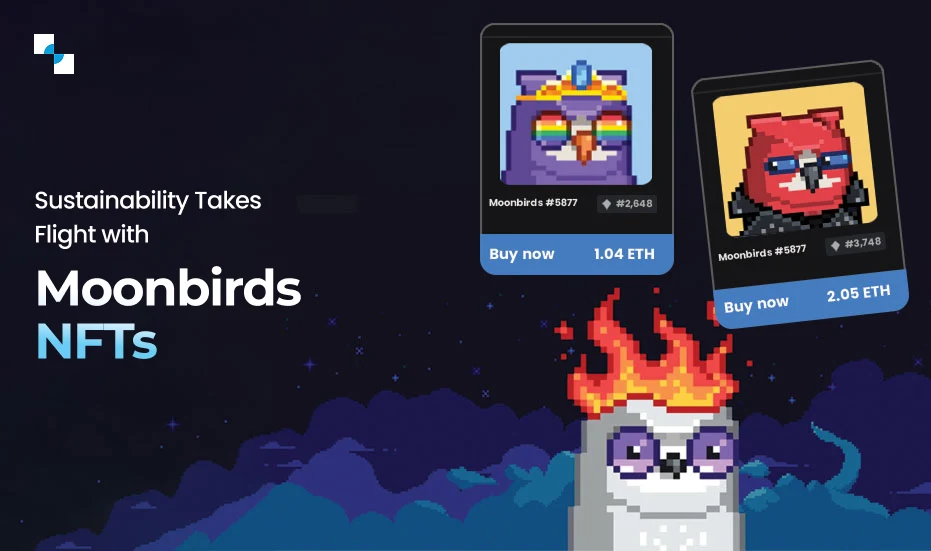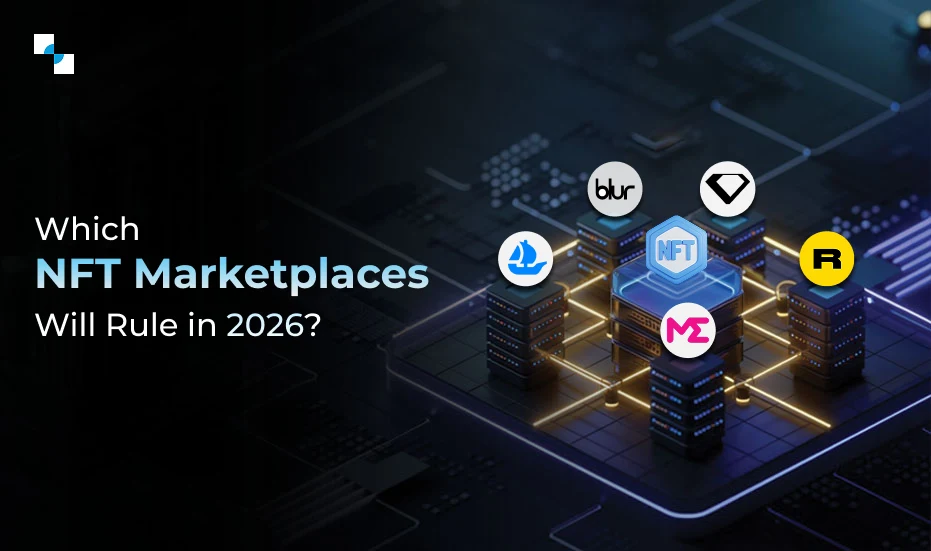In the realm of music, innovation has always been the driving force behind groundbreaking artistry. Today, a new wave of creativity is sweeping the industry, as musicians, singers, and music artists readily embrace Non-Fungible Tokens (NFTs). In this article, we will explore the concept of the music NFT marketplace and how it empowers independent artists to break free from traditional constraints and why building such a platform is a great business idea and the potential benefits it brings to artists, collectors, and entrepreneurs. Let’s dive in!
The Rise of NFT Music Marketplaces
NFTs have gained immense popularity in the world of digital art and collectibles. This revolutionary technology is making its way into the music industry, giving rise to NFT Music Marketplaces.
- Understanding NFTs
Non-Fungible Tokens are digital assets that represent ownership or proof of authenticity of a unique item or piece of content. Contrary to cryptocurrencies such as Bitcoin or Ethereum, which are fungible and exchangeable, NFTs are indivisible and have distinct properties that set them apart. These properties include ownership, scarcity, and provenance, making each NFT one-of-a-kind and irreplaceable. - NFT Music Marketplaces
Dedicated marketplaces for purchasing, selling, and exchanging music-related NFTs have formed. These platforms enable musicians to mint and sell their music as NFTs, allowing them to engage directly with fans and collectors. Smart contracts provide elements such as auctions, limited editions, and royalties.
Exploring the world of NFTs & NFT marketplace music development solutions and the potential they bring is well worth your time, whether you’re an artist or a music lover.
Empowering Ownership and Control
NFT music marketplaces empower artists by giving them unprecedented ownership and control over their music. Through these platforms, artists can determine the terms of sale, earn ongoing royalties, and ensure the authenticity and provenance of their work.
- Artistic Control
NFT music markets have transformed the way artists exert creative control over their work. Unlike traditional music distribution schemes, where musicians frequently transfer control to record labels or streaming services.
- Royalties and Licensing
Smart contracts embedded within NFTs allow artists to receive a percentage of every subsequent sale. This means that even if an NFT is resold in the future, the original artist can continue to benefit financially. Additionally, smart contracts can facilitate transparent licensing agreements, ensuring that artists are properly compensated for the use of their music in various contexts such as streaming, sync licensing, or public performances.
- Authenticity and Proof of Ownership
Each NFT has a unique digital signature that confirms its origin and ownership. This means that customers may acquire NFT music assets with confidence, knowing they are getting the artist’s original work. Blockchain technology’s decentralized nature eliminates the need for intermediaries and offers a clear and tamper-proof record of ownership, reducing the danger of fraud and intellectual property conflicts.
NFT Music Marketplace Development: Opportunities and Challenges
NFT music marketplace development offers exciting opportunities for artists, collectors, and fans. The current landscape showcases a diverse range of platforms and players, driving innovation and expanding the market.
- Development Landscape
The NFT music marketplace sector is experiencing rapid growth and innovation. Established players such as Foundation, Rarible, and OpenSea are leading the way, while new platforms are emerging to cater specifically to the music industry. The development landscape is dynamic and evolving, with new features and functionalities continuously being introduced to enhance the user experience and expand the market. - Opportunities for Innovation
The NFT music marketplace ecosystem presents abundant opportunities for further innovation. Smart contracts can be utilized to automate royalty distributions and ensure transparency. Collaborations between musicians, visual artists, and technologists can result in immersive and interactive NFT music experiences. Moreover, blockchain technology can facilitate seamless and secure transactions, providing a seamless experience for users. - Addressing Challenges
As the NFT marketplace sector evolves, it faces certain challenges that need to be addressed. Scalability is a significant concern, solutions such as layer 2 protocols and interoperability standards are being explored to alleviate this issue. Additionally, regulatory considerations regarding copyright, licensing, and intellectual property rights need to be navigated to ensure a legal and compliant ecosystem.
Develop Your Own NFT Music Marketplace
Schedule Free DemoWhy are many music artists getting involved with NFTs?
The music industry is changing dramatically, and musicians are no longer satisfied with old income methods. One of the primary motivators for artists, new artists, in particular, encounter tremendous hurdles in making a living during their early years in the profession, despite their skill and hard work.
Here are some of the key reasons why musicians are readily getting involved with NFTs:
- Monetization
NFTs provide a new way for musicians to monetize their music. They can decide who gets to listen to it, how it’s distributed, and how it’s used. By selling their music as NFTs, they can earn money through direct sales and royalties. This is especially important for independent artists who may not have access to traditional music industry revenue streams. - Secondary Market Sales
Artists can benefit from these secondary market sales by earning a percentage of the resale price, thanks to the embedded smart contracts. This allows artists to continue profiting from their work even after the initial sale. The potential for increased value and ongoing revenue streams makes NFT music marketplaces a lucrative avenue for artists to explore. - Fan Engagement
By creating limited edition NFTs, artists can offer exclusive access to content, behind-the-scenes footage, virtual meet-and-greets, and other perks offered by artists. NFTs can be used to create unique album art, concert tickets, and even virtual experiences. They can also be used to sell exclusive merchandise, such as limited edition t-shirts or posters, that can only be purchased by those who own the corresponding NFT. - Creative Expression
Musicians can use NFTs to experiment with new formats and collaborate with other artists. For example, a musician could create an NFT that includes a piece of their music and then collaborate with a visual artist to create a unique piece of digital art that corresponds to the music. This could be sold as a single NFT, providing fans with a truly one-of-a-kind experience. - Increased Accessibility
NFT music marketplace development provides equal opportunities for artists from diverse backgrounds, allowing them to be discovered based on the quality of their music rather than external factors. Artists who may have been marginalized or overlooked by traditional industry structures now have a chance to showcase their talent and connect with a global audience. - Exposure to a Global Audience
Digital platforms and blockchain technology enable NFT music marketplaces to reach a global audience. Artists can connect with fans and collectors from around the world, transcending geographical boundaries. This increased exposure opens doors to new opportunities, collaborations, and partnerships that would otherwise be challenging to achieve through traditional distribution channels.
Here are some notable artists who have successfully leveraged the NFT music marketplace to generate significant profits, within a mere 20 minutes, Grimes sold nearly $6 million worth of NFTs, showcasing the immense demand for her unique digital creations.
Steve Aoki made a substantial splash by selling a collection that fetched approximately $4.25 million, demonstrating the lucrative nature of this emerging market.
The popular band, Kings of Leon, also jumped on the NFT bandwagon, selling a batch of NFTs for roughly $2 million. As an early adopter of cryptocurrency, 3LAU’s NFT collection reached astounding heights, fetching a staggering $11.6 million.
Why building an NFT Music Marketplace an excellent business idea?
Building an NFT music marketplace can be a great business idea for several reasons. Firstly, NFTs have become increasingly popular in the music industry, and many musicians and artists are now looking to monetize their work through NFTs.
Entrepreneurs have the chance to be at the forefront of an industrial revolution, by building an NFT music marketplace. As the technology and adoption of NFTs continue to evolve, those who pioneer in this space can shape its development, set industry standards, and establish themselves as leaders in the intersection of music and blockchain technology.
Through strategic partnerships with artists, labels, and brands, marketplace owners can attract a diverse range of talent and offer unique experiences to users.
Conclusion
Building an NFT music marketplace presents a compelling business opportunity in today’s digital landscape. It offers artists new revenue streams, strengthens fan engagement, enhances transparency, and exposes music to a global audience. Entrepreneurs venturing into this space have the chance to shape the future of the music industry while capitalizing on the growing popularity of NFTs.
However, success requires careful planning, robust technical infrastructure, and effective marketing strategies. Antier offers efficient NFT Marketplace Music Development support, assisting you in staying current with industry trends and creating a fluid user experience that will be critical in differentiating your marketplace from competitors.

